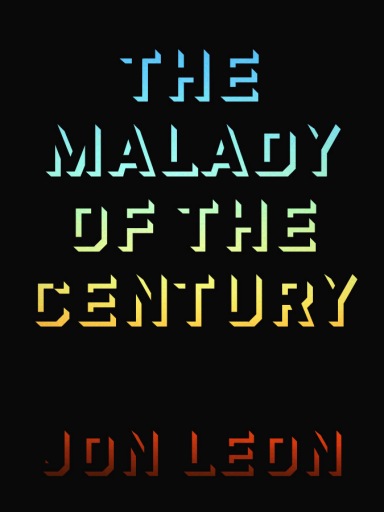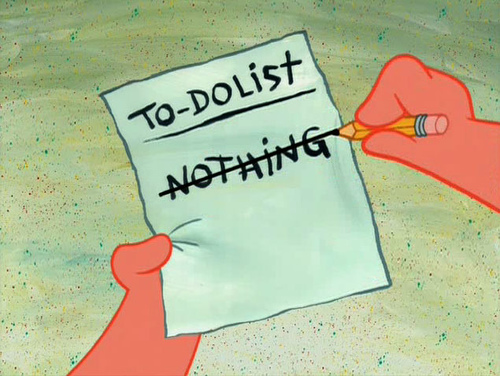JON LEON & A POETRY OF CONTINGENCY
 THE MALADY OF THE CENTURY
THE MALADY OF THE CENTURY
By Jon Leon
Futurepoem Books, May 2012
88 Pages / $16.00 Buy from SPD
In consideration of the work of Jon Leon, it is necessary to consider Jon Leon, the poet, simultaneously as an apostle and a construction. Anna Kaven (nee Helen Emily Woods) ended up, at a particular point in her career as a novelist, changing her name from that which she was born with to a name she had invented for a character in one her own books—Jon Leon has always simply insisted on living as a character in his work, as the character in his works.
His poetry.
There is a level of both the inter-textual and the extra-textual interaction present throughout his entire oeuvré; something that becomes apparent throughout his career. As Dan Hoy points out in his case-study of Leon, there’s a particular overlap of reality with a poetic construction of reality:
“We mixed agitprop, erotic dance, and horror to construct a total environment of focused bliss.” Jon Leon, Hit Wave
I’ll risk substituting tropes here and suggest the above sentence from Jon Leon’s Hit Wave could be taken somewhat literally as a nod to his overall objective (construct a total environment of focused bliss = enable and induce the experience of the impossible) and strategy (mixing agitprop, erotic dance, and horror = forming a triangulation of world, life, and nothingness).
April 17th, 2012 / 11:17 am
In the Middle of the Event
To my mind, it lies in that blank residuum that I’m pursuing; and that must be beyond possibilities, because in the space of possibilities, Pierre Menard is doing nothing. He is doing totally zero, because in the space of possibilities the work exists, it’s Don Quixote, and he’s just copying it. If you believe in the metaphysics of possibility and probability, where everything is framed in identified states of the world, and so on, then Pierre Menard is doing nothing, totally nothing. Yet by reading Borges, you are really led to believe it possible that Pierre Menard has done something original; and the key thing to me is that what Pierre Menard has done is to write two chapters. He didn’t read them, he did’t just think of them. So, he really needed the material medium, the writing itself, in order to produce something that, when you read it, you say, well, although it’s the same — it has the same identity as Cervantes’ novel — it is materially a new work. And although my main object is the markets and finance, although that’s important and I identify the medium of contingency as the market in my specific case, in the end its generalization is also writing.
I also happen to be a writer, so I also speak for myself: writing, to me, is something that is beyond probability and ‘states of the world’. It’s something where the writer can really throw himself into a process of writing, blindly so to speak — and one of my favourite expressions is that he is then traversed by contingency, so he almost surprises himself with what he is writing. To me, that’s writing: even though you may have thought about it, and you had planned it, there are thoughts that you can only have through writing. I’m sure everyone has found that: there is no use really in planning in advance what you are going to write. Even if you do that, chances are that you’ll end up writing something completely different. I think that the true spark of writing comes when you find yourself surprised by what you have written; and I would even claim that there are thoughts that you can only have through the material process of writing.
So, writing to me is an attempt to get to that extraordinary or residual thing that surpasses probability and the states of the usual metaphysical conception; and which would allow us to twist chronology in such a way that, even though the event happens and it is only after the event that we can think it, somehow we establish communication with it outside time. Remember, I need to twist time itself in order to be able to predict the event ‘beforehand’, even though it has happened.
–Elie Ayache, “In the Middle of the Event” in The Medium of Contingency

